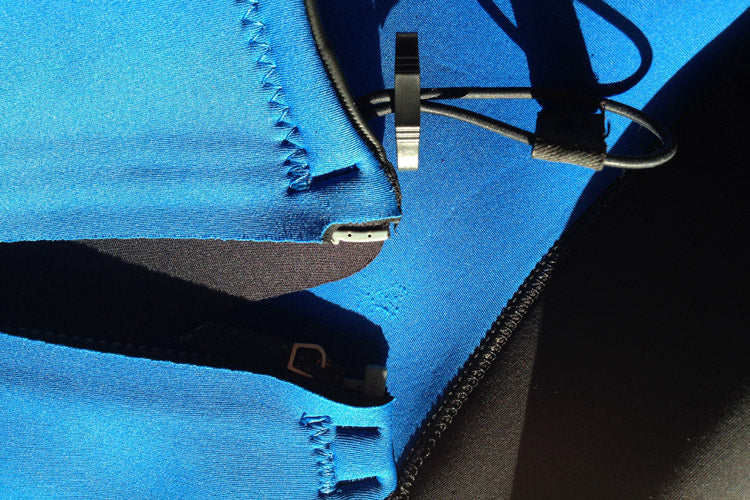Japanese Yamamoto neoprene is a type of synthetic rubber that is used in a variety of applications, including wetsuits for diving and other water sports. The neoprene is named after its inventor, Japanese chemist Dr. Yoshida Yamamoto, who first developed the material in the 1930s.
One of the key features of Yamamoto neoprene is its high stretchability, which allows for a comfortable and snug fit. The material is also known for its durability and resistance to wear and tear, making it a popular choice for wetsuits and other gear that is exposed to harsh conditions.
Another benefit of Yamamoto neoprene is its insulation properties. The closed-cell structure of the material helps to trap a layer of water between the neoprene and the body, which is then heated by the body's own heat. This helps to keep the diver or swimmer warm in cold water.
One of the major advantages of Yamamoto neoprene is that it is made with a unique process called limestone neoprene, which is a more sustainable process than the traditional method of using petroleum-based chemicals. Limestone neoprene is made from limestone, a readily available and abundant natural resource, which reduces the environmental impact of the production process.
Yamamoto neoprene is also known for its flexibility, which allows for a wide range of motion and makes it comfortable to wear for long periods of time. This flexibility also allows for a greater range of motion when swimming or diving, making it a popular choice for triathletes and other competitive swimmers.
Another benefit of Yamamoto neoprene is that it is lightweight and easy to pack, making it a great choice for travelers. This is especially true for divers, who often have to transport a lot of gear with them.
One of the most important factors when choosing a wetsuit is the thickness of the neoprene. Yamamoto neoprene is available in a range of thicknesses, from 1.5mm to 7mm, which makes it suitable for a wide range of water temperatures. In general, the thicker the neoprene, the warmer the suit will be.
In conclusion, Japanese Yamamoto neoprene is a high-quality, durable and sustainable material that is suitable for a wide range of applications, particularly for wetsuits and other diving gear. Its high stretchability, insulation properties, flexibility, and range of motion are some of the key features that make it a popular choice among divers, swimmers and other water sports enthusiasts.

